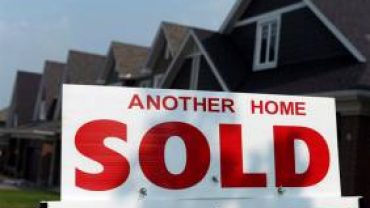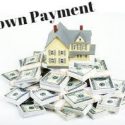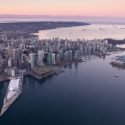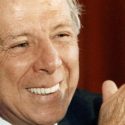B.C. May Be A Role Model For Ontario In Terms Of Taxing Foreign Real Estate Investors
A move by B.C. to tax foreign real estate investors in the Vancouver region may be replicated by Ontario Finance Minister as it will be a step that “will be looking very closely” at. According to market watchers, the move may help in reducing speculation in Vancouver’s housing market and will shift more demand to Toronto.
Talking to reporters, Charles Sousa said he embraced the B.C. government’s decision to initiate a 15 percent increment to the property-transfer tax commencing next week, for people who are not Canadian citizens or permanent residents and who choose to purchase homes in Greater Vancouver.
Following a news conference on Tuesday, Mr. Sousa stated, “I welcome what [B.C.] is putting forward, and we’re certainly looking at whatever options can be made available.”
However, he mentioned that similar polices for Toronto could backfire for some parts of Ontario that aren’t facing the same increase in house prices.
“So we’ve got to be cognizant of the impacts of those decisions,” said Mr. Sousa, also a member of a committee, alongside B.C. Finance Minister Mike de Jong and federal Finance Minister Bill Morneau, that is searching for ways to better housing affordability in Canada’s hottest markets.
A few real estate industry watchers welcomed the B.C. government’s decision, which followed the province releasing new numbers revealing the fact that foreign nationals bought almost $885 million in residential real estate in Metro Vancouver area between June 10 and July 14, signifying 10 percent of the total value of all sales.
John Andrew, director of Queen’s University’s Real Estate Roundtable was of the opinion that the extra money presented by the increase in tax for the B.C. government may push Ontario to follow accordingly.
“You can bet the Minister of Finance of Ontario is really looking at that and thinking, ‘Wow, that would be great to have because it’s not even being paid by Canadian citizens.’”
Ontario replicating B.C.’s tax move will greatly depend on how many foreign investors transfer their purchases to Toronto and incense an already burning housing market. Phenomenal housing costs in the GTA have increased by about 20 percent over the recent year, as many realtors point out the shortage in new single-family housing.
Professor Andrew claimed that B.C.’s tax may cause international buyers towards Toronto’s more affordable housing market, creating a similar situation of outrageous prices as was seen in Vancouver. “A number of these foreign investors may well look at that situation and say, ‘Forget it, I’m just going to go to Toronto, where there are no restrictions,’,” he said.
Toronto real estate broker, Adam Brind mentioned that the number of international buyers snatching homes in the GTA and abandoning them has increased this year. The market is already battling with the lack of available resale listings and prices that have escalated nearly 17 percent from last year.
Brind further went on to say, “It’s a great solution. Rather than saying foreigners can’t buy here, if you really want to, you’d better have a lot of money or a really good reason.”
Douglas Porter, Bank of Montreal chief economist maintained that the trend of foreign investment in Toronto’s housing market is “more of an issue than many analysts realize.”
He was of the opinion that B.C.’s tax is “a very reasonable step.”
“I think what’s gone on in B.C. cries out for some sort of intervention,” he said, predicting the tax would bring in “hundreds of millions” in new revenue.
B.C. realtors are not as excited about the tax, which will be implemented next week and came with little forewarning. The Real Estate Board of Greater Vancouver stated that the announcement “needlessly injects uncertainty into the market” and urged the province to exempt transactions that are yet to be closed.
The tax will be applicable when foreign buyers register their purchases with the provincial land title office, which could affect deals that were done weeks ago but have not yet been registered.
Vancouver Re/Max realtor Keith Roy asserted that the tax will not really succeed in curbing foreign demand for Vancouver housing, but may be a blow to consumer confidence as the market was facing slowdowns, as some houses were being sold at prices far below the asking price and with conditional offers.
“The public will believe, and rightfully so, that the government is making legislative and policy changes that impact the price of home ownership,” he said. “As soon as they believe that, they’re going to expect to pay less or expect to buy more for the same amount of money.”
Michael Dolega and Diana Petramala, both Toronto-Dominion Bank economists, forecasted Vancouver-area housing sales would drop by 20 percent and average resale prices would fall by 5 percent over the next nine months.




